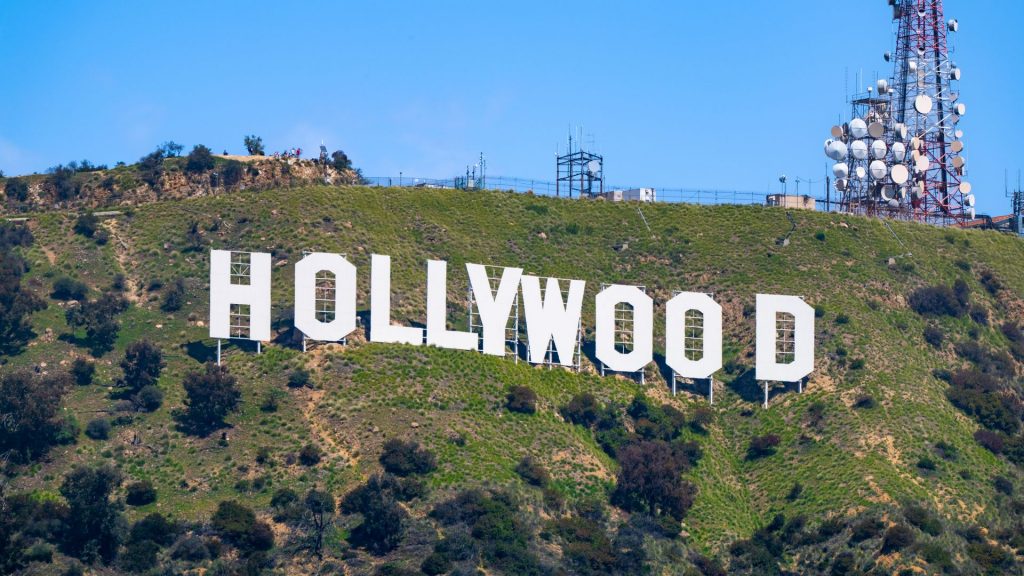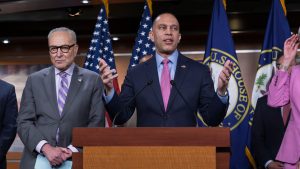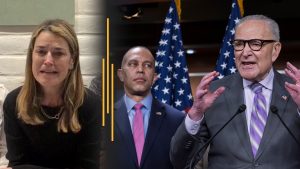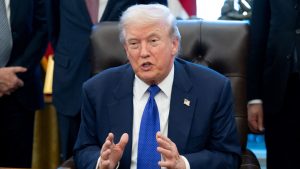Disney, Universal seek $150K per image in new AI lawsuit

Two of the biggest names in entertainment are suing an artificial intelligence company for alleged copyright infringement. Disney and Universal filed a lawsuit Wednesday against Midjourney, claiming the AI firm used copyrighted content without permission to train its image-generation tools.
Midjourney is well-known in the AI image-generation space, with approximately 20 million users, and, according to the lawsuit, generated $300 million in revenue last year.
Lawsuit filed
The 110-page suit was officially filed Wednesday, June 11, in a U.S. district court in Los Angeles. The suit seeks unspecified damages from Midjourney and aims to prevent the company from launching an upcoming video service.
The suit includes detailed supplemental materials from the plaintiffs, including several visual examples of the alleged infringement.
Disney and Universal asked for damages, including up to $150,000 per infringed work. That could get pricey for Midjourney. According to the filing, Midjourney offered dozens of copyrighted images from well-known franchises, including Toy Story, Marvel and The Simpsons, for users to select.
The lawsuit says Disney and Universal asked Midjourney to adopt technological measures to prevent its image generators from producing infringing materials, but the company ignored their demands.
Midjourney has yet to comment publicly on the lawsuit.
AI lawsuits
The legal filing marks the first time major Hollywood players have gotten involved in lawsuits against AI companies. Recent legal challenges targeting AI companies over alleged misuse of copyrighted works include a lawsuit by The New York Times against OpenAI and Microsoft in 2023.
On June 9, Getty Images filed a similar lawsuit against Stability AI, alleging the company used the visual media outlet’s images without permission to train its models.
The AI companies are fighting back in court, with many of them citing creative freedom. Fair use laws allow for the use of a copyrighted image if it’s turned into something with a new meaning or message. It also permits the use of copyrighted works in journalism, education or research.
The companies are also pushing back through governmental policy. In January, OpenAI sent a memo to the White House with recommendations on strengthening America’s AI leadership.
OpenAI argued in the memo that the federal government should preserve American AI models’ ability to learn from copyrighted material.





